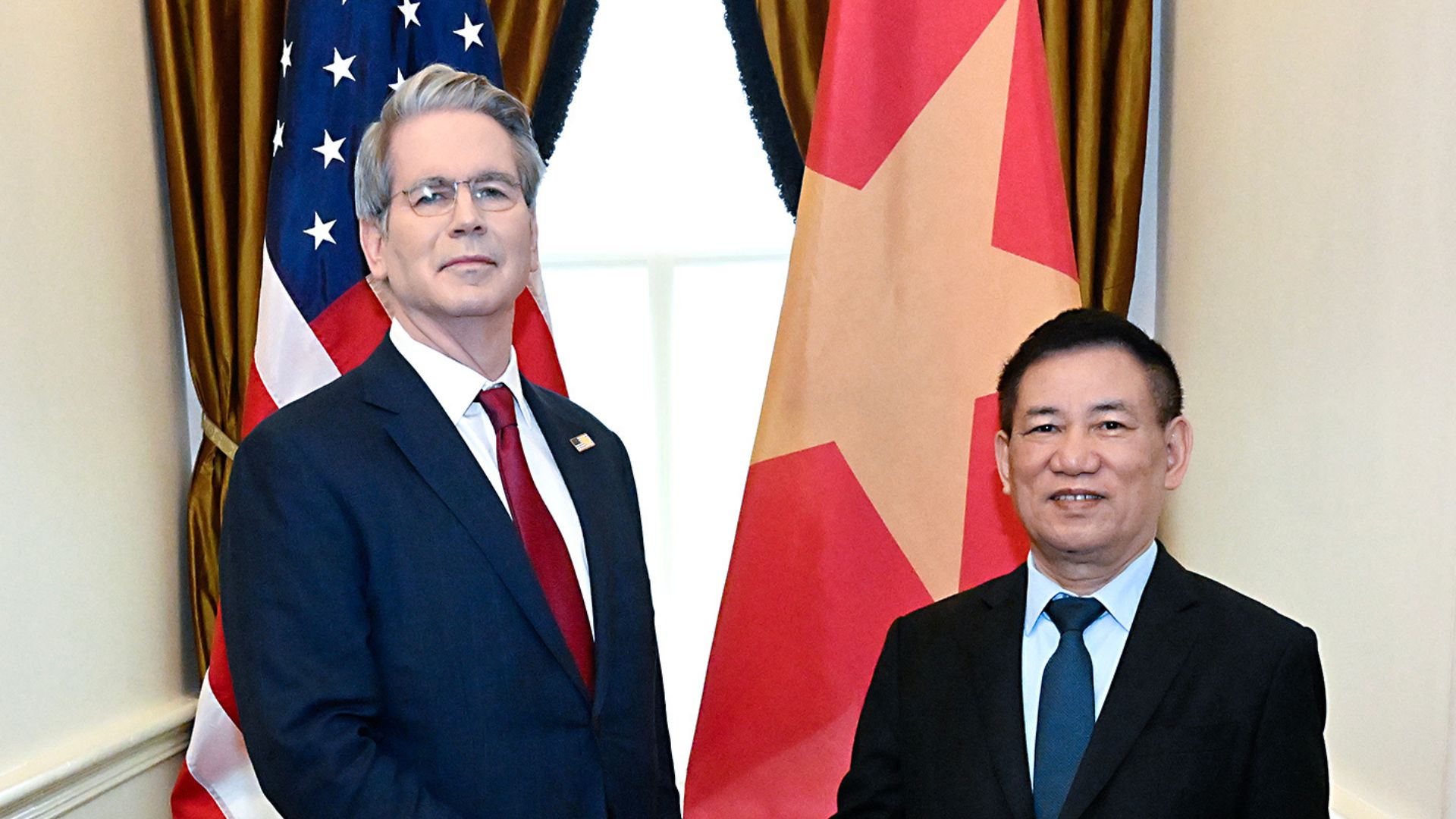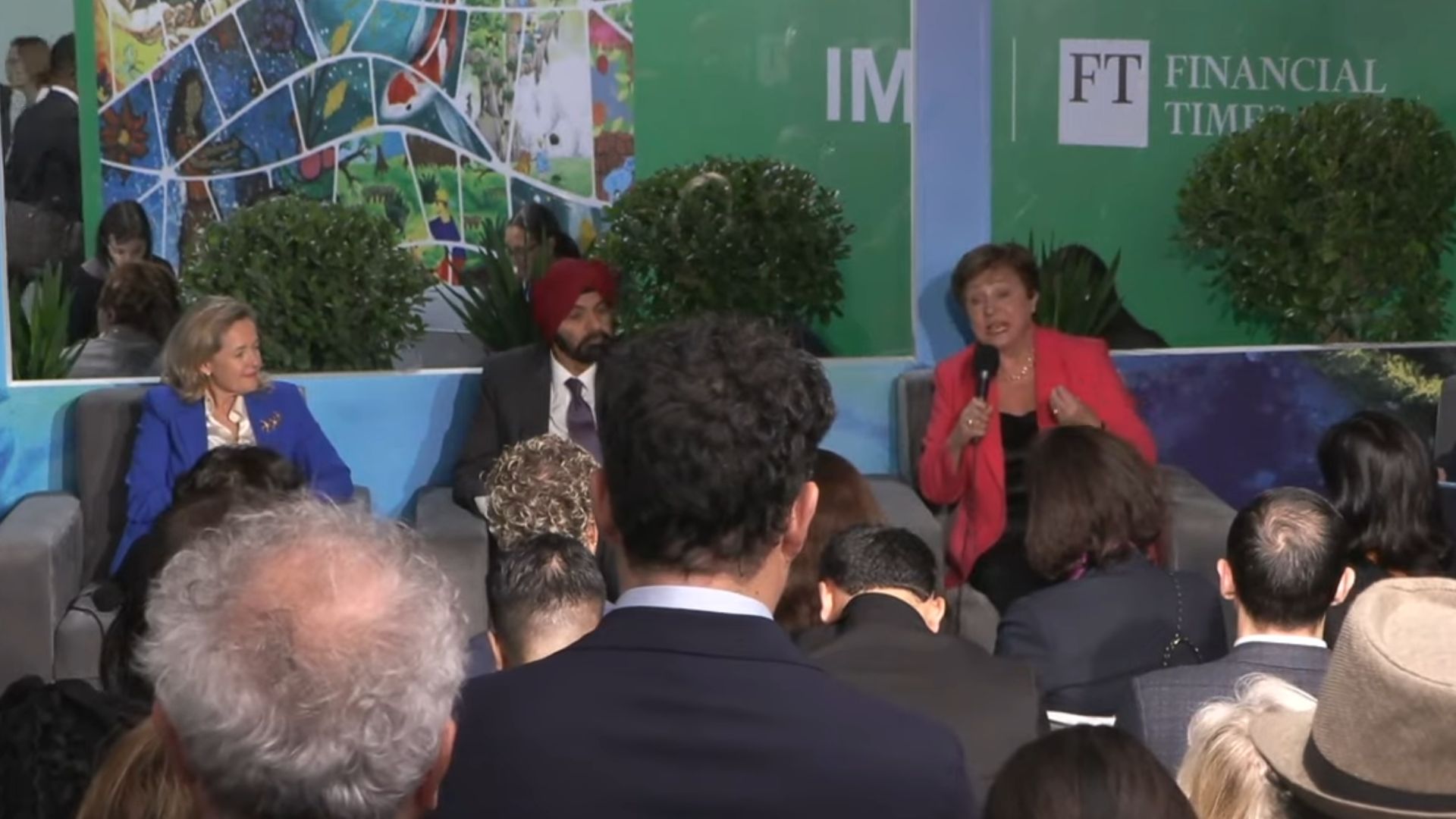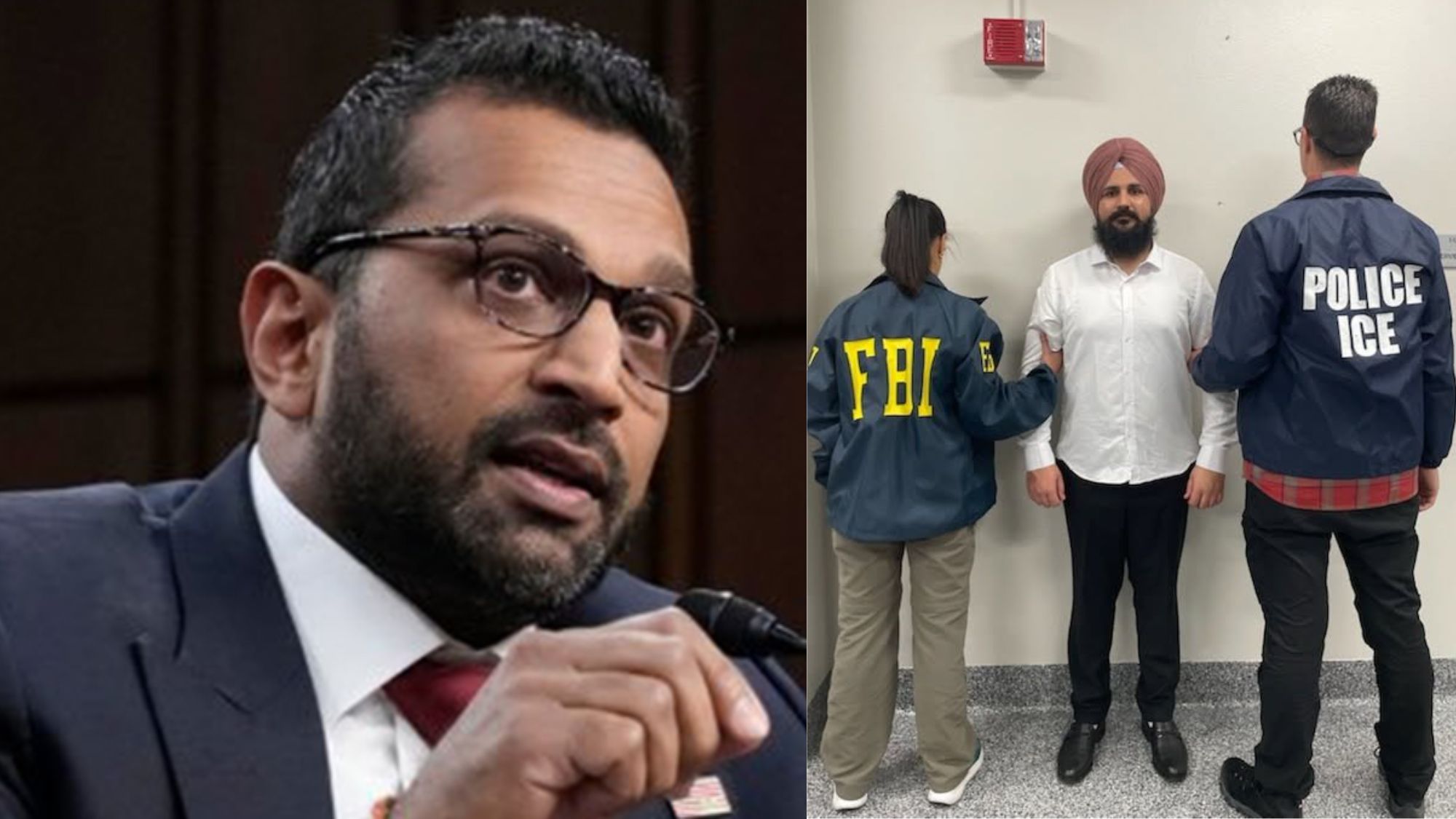WASHINGTON (Diya TV) — The Trump administration is ramping up efforts to secure trade agreements with some of its closest allies, aiming to strike favorable deals with the nations that move to the negotiating table first, according to Treasury Secretary Scott Bessant.
Bessent, who is leading the administration’s trade talks, emphasized the importance of acting swiftly during an interview with Bloomberg TV on Sunday. He suggested that countries willing to engage early could gain a competitive edge in securing more advantageous terms.
“There will be a first-mover advantage,” Bessent said. “Usually the first person to reach a deal will reach the best agreement.” He added that the choice rests with the U.S. trading partners, noting, “It’s their choice.”
Bessent confirmed that trade negotiations with South Korea are expected to begin next week, following discussions with Vietnam last week and with Japan scheduled for Wednesday, March 16. The pace reflects the administration’s determination to finalize deals even if they come in simplified forms, as the clock runs down on the 90-day moratorium on mutual tariffs.
“There could be a lot [of deals] before the deadline,” Bessent said, adding that while these may not result in full-fledged trade agreements, the U.S. expects to reach agreements “in principle” that can serve as frameworks for future deals.
The Wall Street Journal, citing unnamed sources, reported that the U.S. government is prioritizing trade negotiations with five major allies: South Korea, Japan, the United Kingdom, Australia and India. The Journal noted that Bessent has been in close contact with officials from each country, underscoring the administration’s focus on reaching deals that address trade imbalances and reduce barriers to U.S. exports.
While the administration pushes forward, some countries are signaling caution. Japanese Prime Minister Shigeru Ishiba told Japan’s House of Representatives Budget Committee this week that Tokyo is in no rush to seal a deal. “I don’t think it’s a good idea to conclude negotiations quickly,” Ishiba said, underlining Japan’s deliberate approach despite its scheduled talks with Washington.
Bessent, however, maintained that the U.S. is prepared to move fast and encouraged partner nations to bring their “best offer” to the table. “I say to countries, ‘Get your A game,’” Bessent told Bloomberg. “I will see what you bring and start negotiations from there.”
The trade discussions reflect President Donald Trump’s broader strategy of renegotiating U.S. trade relationships to favor American businesses and reduce long-standing trade deficits. Bessent also confirmed that once negotiations reach the most critical stages, President Trump himself is expected to step in.
“We are moving very quickly with a number of our most important trading partners,” Bessent said. “Ultimately, President Trump will participate in negotiations with the most important trading partners.”
The administration’s push for swift deals appears to be driven by a mix of political urgency and strategic positioning. With limited time to conclude traditional trade agreements before key deadlines and upcoming elections, U.S. officials seem open to securing smaller-scale, principle-based agreements that lay the groundwork for comprehensive treaties later on.
For now, attention turns to Japan and South Korea, as both prepare for upcoming rounds of talks that could help shape the next phase of America’s global trade policy.




